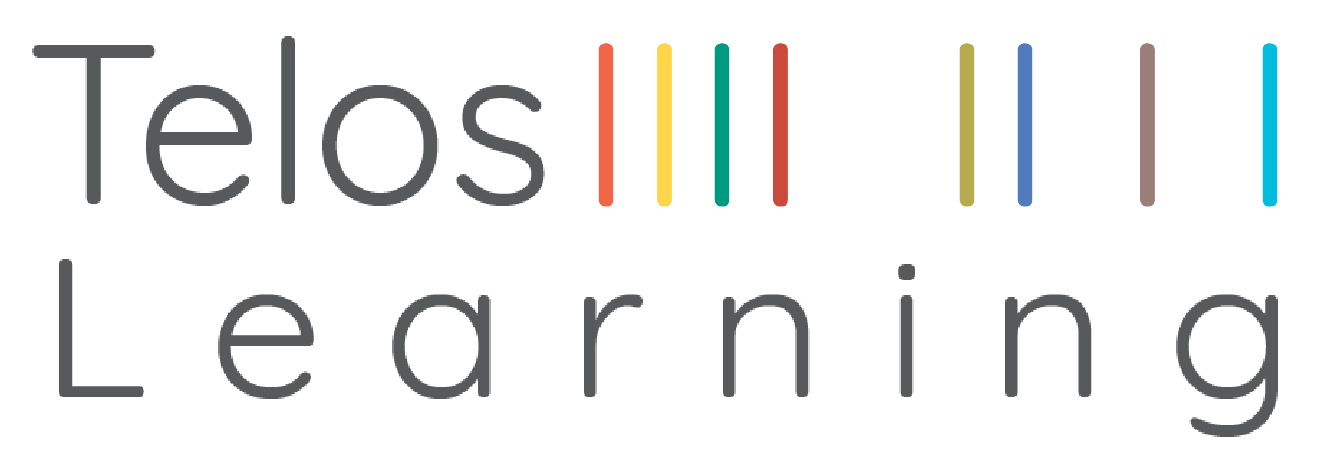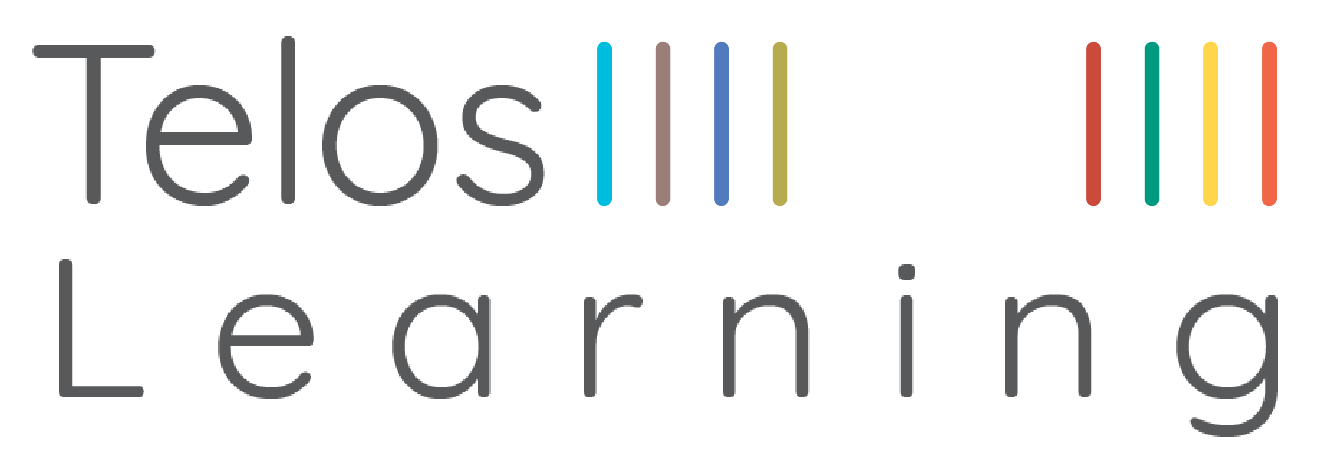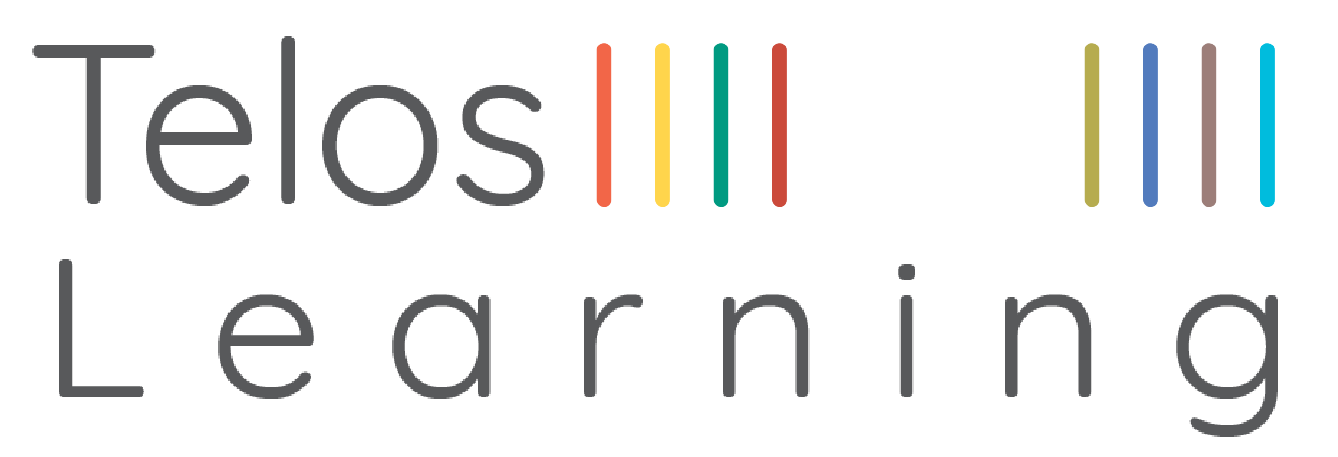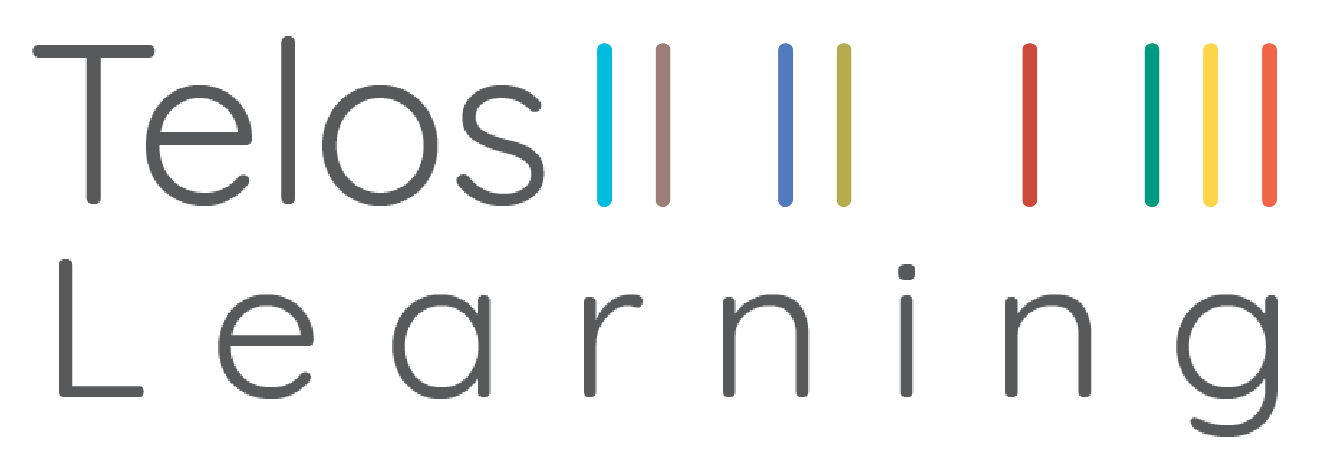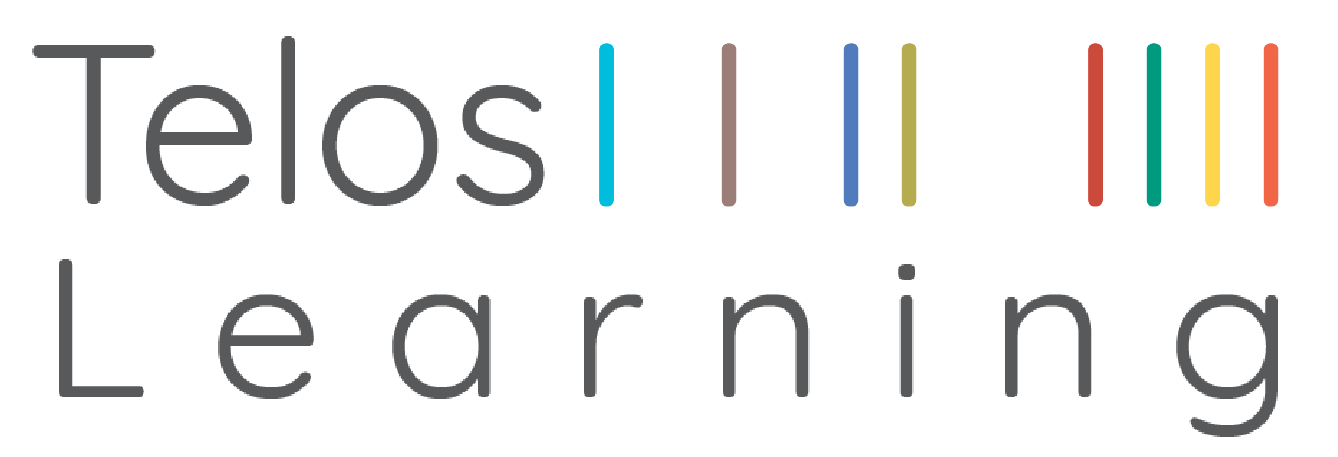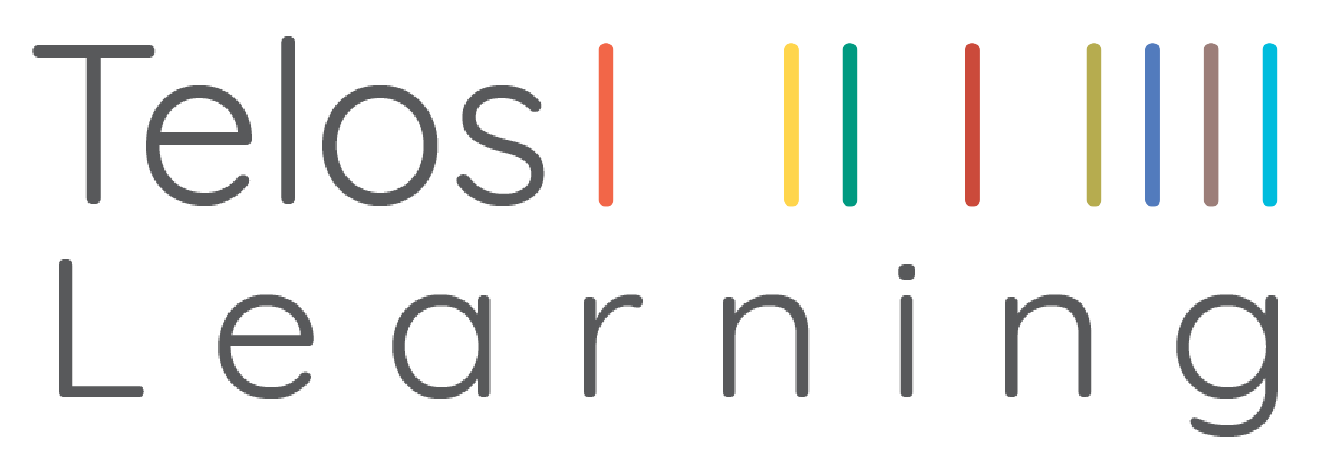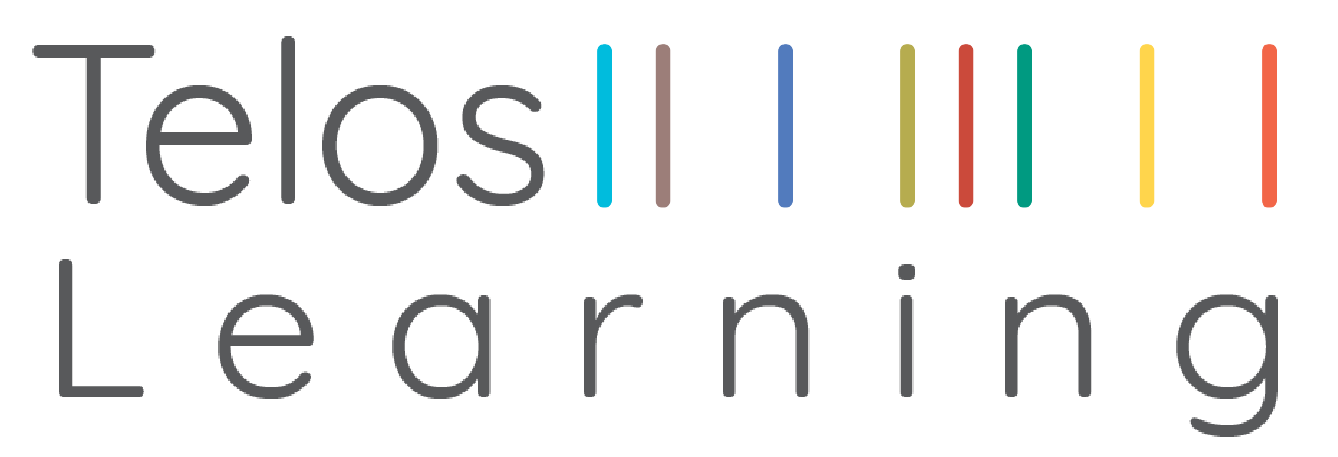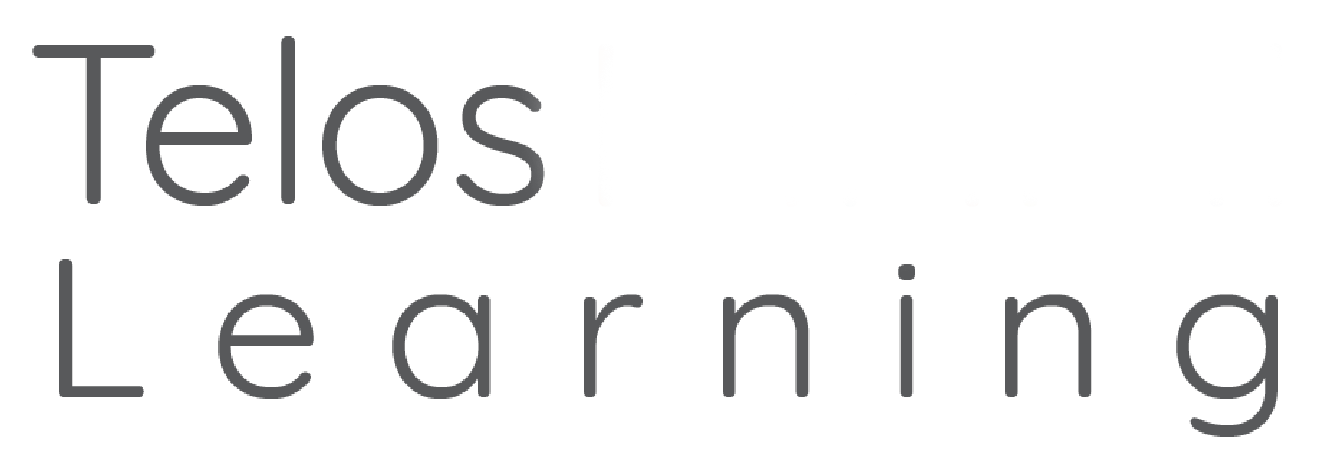















Technological Change
We take a holistic, humanistic, and historical view when it comes to technological change and education; shifts in technology alter our social, political, and economic landspace, presenting new needs around what young people need to know, and new opportunities around what they can do. Gaining agency around computing, media, data, digital culture, and technology’s impacts is vital for them to thrive in their personal, professional, communal, and civic lives.
For education institutions, figuring out how to transform to meet these new needs is a complex process, but it’s always about answering a key question: what futures do we want to create for learners and communities? Responding to technological change in education doesn't start with curricula, program models, or professional development - it starts with ambitious visions for the future, an idea of what kind of world we’re building together, and the place of technology within it.
At Telos, we explore a range of areas that are part of these visions—computational thinking and computer science education, critical computing and the impacts of technology, digital literacies, creative media production, and more—and consider both the big picture and on-the-ground implications of these areas for the work that education institutions do to support just digital futures.
Institutional Change
In order for change to be equitable, and durable, it has to be rooted in new ways of thinking about institutions. We approach change work as a process of engaging in deep collaboration, joint inquiry, and democratic deliberation.
Whether it’s in an individual organization, a network, or a whole field, change processes involve a complex interplay between values, knowledge, innovation, capacity building, and institutionalization. At its heart though, change is about people—thinking, working, and visioning where they want to go together.
We leverage a wide range of approaches in our institutional change work—participatory design, continuous improvement, research-practice partnerships, design-based implementation research, collective impact, and more—that center intertwined processes of inquiry, collaboration, and change.
And we’re committed to having an impact that goes beyond a given institution or collective, working to synthesize knowledge generated through change processes to contribute to research, policy, and practice.
